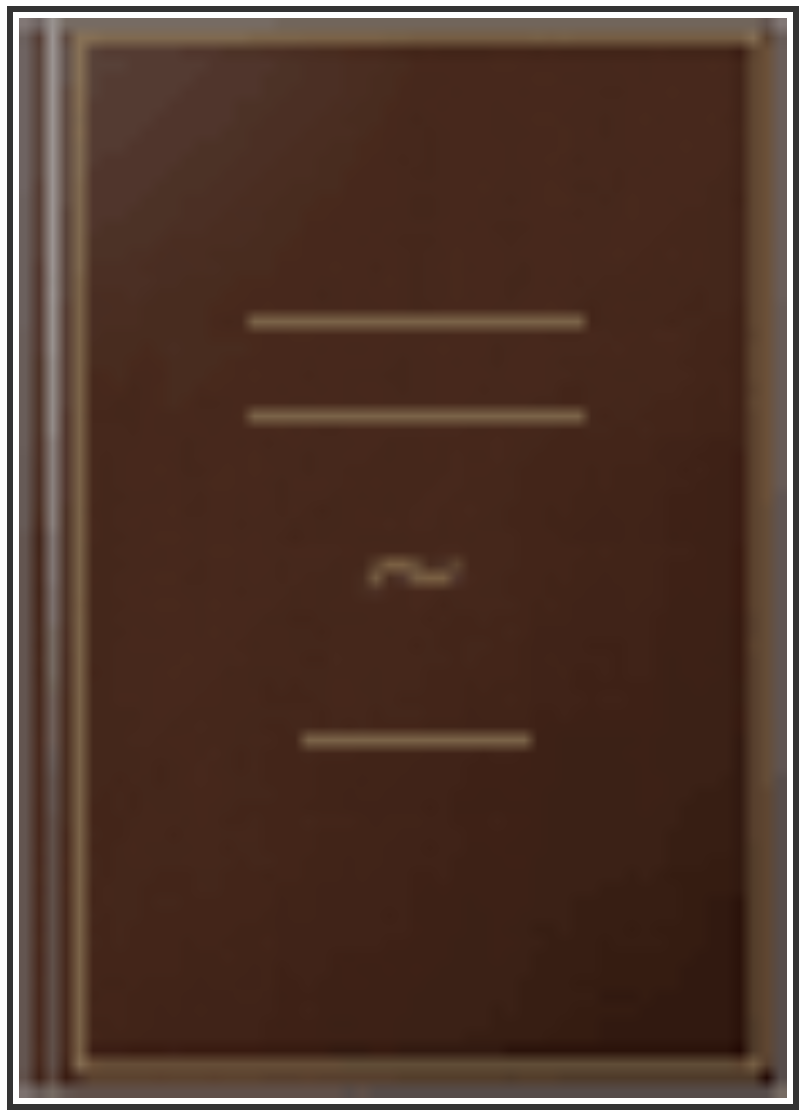A corpus-based critical discourse analysis of gender sensitivity in isiZulu: Towards an isiZulu gender dictionary
There is paucity of specialized dictionaries for African languages. In this paper we argue for a gender dictionary in isiZulu using a study that evaluates gender sensitivity in isiZulu. This study uses a judicious mixture of Corpus Linguistics (CL) and Critical Discourse Analysis (CDA) in the analysis of gender sensitivity in the Zulu language and culture. Using these two strands, the study critically analyses language and gender issues in isiZulu. The study is framed against the patriarchal background of the Zulu culture whose prejudice against the female gender is expressed through a unique linguistic custom called isiHlonipho (Dowling 1988; Rudwick & Shange 2006; Finlayson 1982). CDA developed from Critical Linguistics as a theory that focuses on discourse as a ‘form of social practice’ (Fairclough & Wodak, 1997:258). CDA explores the relationship between language, power, and society with a critical focus on the crucial role that context plays in discourse. While this framework has been criticised for its lack of objectivity on the part of the analyst, with regards to preferred choice of examples that suit the assumptions of the analyst, and its focus on the fragmented texts rather than full texts, in this study it is used to frame power relations in language use particularly when it refers to gender in isiZulu. To mitigate the evident limitations of CDA this study uses CL to provide sufficient data and context. From the evidence adduced from the corpora used in this study, we motivate for a gender dictionary in isiZulu.

